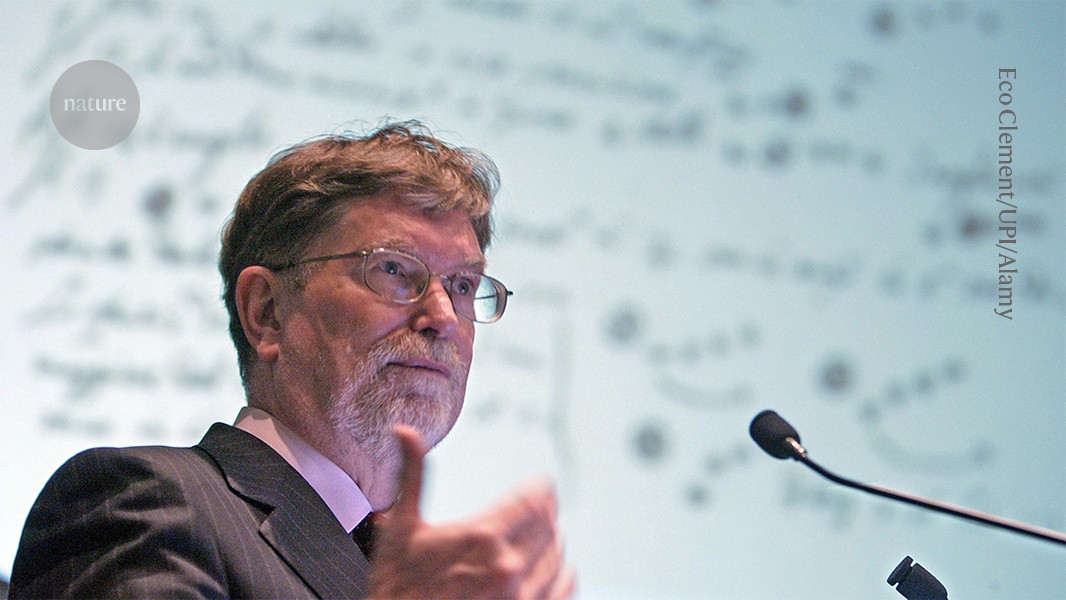
"Cosmologist George Smoot contributed to our understanding of the Universe on the largest scales and at the earliest observable times by measuring temperature variations in the cosmic microwave background. His key experiment in 1992 reported detecting these 'ripples' in the microwave sky. Smoot's discovery, for which he won a share of the Nobel Prize in Physics in 2006, revealed the long-anticipated traces of the formation of structures including stars and galaxies ( G. F. Smoot et al. Astrophys. J. 396, L1-L5; 1992)."
"The cosmic microwave background is the radiation from the Big Bang, which marked the beginning of the Universe 13.8 billion years ago. Smoot led the design of the detector that flew on NASA's Cosmic Background Explorer (COBE) satellite. The data it collected gave a snapshot of variations in the density of matter in the hot, young Universe only about 400,000 years after the Big Bang."
"Smoot was born in Yukon, Florida, the son of a hydrologist and a science teacher. In 1966, he earned degrees in physics and mathematics at the Massachusetts Institute of Technology (MIT) in Cambridge. He remained at MIT for his PhD in experimental particle physics, before joining the research group of Nobel laureate Luis Alvarez at the University of California, Berkeley, and the Lawrence Berkeley National Laboratory, where he built his research career."
George Smoot measured temperature variations in the cosmic microwave background, detecting primordial 'ripples' that trace early density fluctuations. His 1992 COBE detector data provided a snapshot of matter-density variations about 400,000 years after the Big Bang and matched predictions where dark matter, not plasma, drove the growth of galactic structures. The discovery earned a share of the 2006 Nobel Prize in Physics and spurred more precise subsequent experiments that shaped the modern cosmological model. Smoot was born in Yukon, Florida, earned physics and mathematics degrees at MIT in 1966, completed a PhD in experimental particle physics at MIT, and worked with Luis Alvarez at Berkeley. He died aged 80.
Read at Nature
Unable to calculate read time
Collection
[
|
...
]